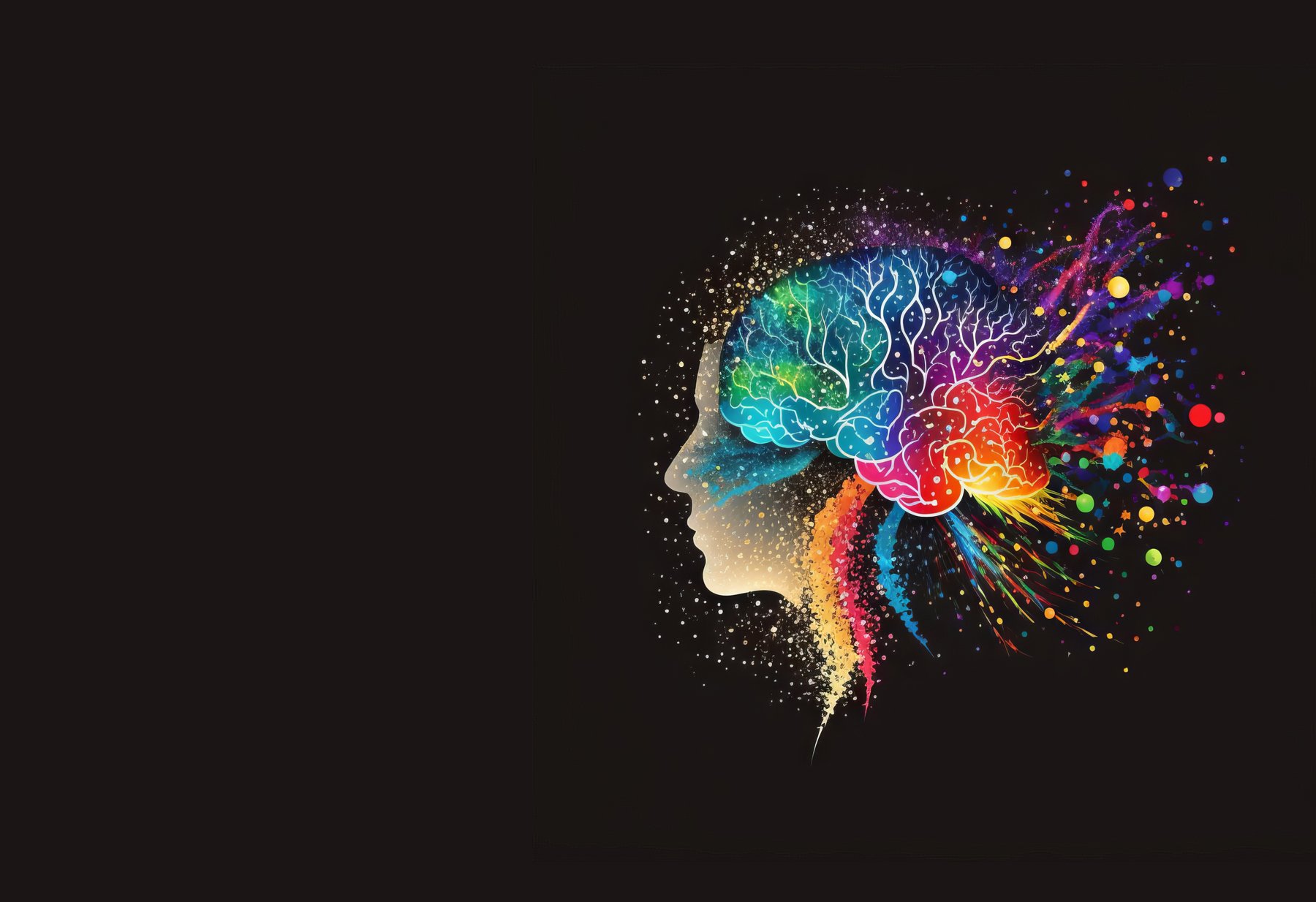Overview:
Millions of people worldwide suffer from chronic pain, which severely reduces their quality of life and capacity to carry out everyday tasks. Social support is essential for helping people manage their chronic pain, even though medical therapies are also necessary. Creating a network of support can help patients deal with the psychological and emotional effects of chronic pain and give them the resiliency they need to overcome obstacles. This article examines the value of social support in managing chronic pain, how it affects the course of treatment, and how to build a network of support.
The Value of Social Support in the Management of Chronic Pain:
Social support includes help from friends, family, medical professionals, and support groups, among other sources. It consists of company, useful assistance, and emotional support—all of which enhance a person’s general wellbeing. Social support is especially important for those with chronic pain since it lessens emotions of loneliness, worry, and depression. Family members’ emotional support helps strengthen coping strategies, while practical help with everyday chores can reduce physical stress. Social support can provide people a sense of understanding and belonging that can greatly enhance their ability to handle chronic pain.
Effect of Social Support on Treatment Outcomes:
Studies have indicated a positive correlation between patients with chronic pain and robust social support networks. Social support has been shown to promote mental health, increase adherence to treatment plans, and encourage physical exercise. Strong support networks help patients experience less severe pain and more pain tolerance. The psychological comfort that supportive relationships offer, which can lower stress and encourage relaxation, is thought to have this beneficial effect. Social support can also motivate patients to seek and continue medical care, which can help with early intervention and ongoing chronic pain management.
categories of Social Support:
There are four primary categories of social support that may be distinguished: instrumental, informational, emotional, and appraisal support. Expressions of empathy, affection, and care are all part of emotional support, and they can reassure and soothe. Tangible support includes helping out with household duties or taking you to doctor’s visits. Giving people counsel, knowledge, or direction to enable them to make well-informed decisions regarding their health is known as informational assistance. Constructive criticism and affirmation are two forms of appraisal support that assist people in assessing their circumstances and enhancing their sense of self. Every kind of support is different in how it helps people with chronic pain manage their illness.
Establishing a Supportive Network:
Establishing a supportive network entails locating and fostering connections that offer the essential kinds of social support. Family and close friends are frequently the first to provide emotional and practical support to individuals with chronic pain. It’s crucial to be open about the difficulties associated with having chronic pain so that family members can understand the patient’s requirements and offer the right kind of assistance. Developing ties with medical professionals who comprehend chronic pain and can provide dependable medical and psychological support is essential, in addition to personal relationships. Participating in online or in-person support groups can also offer priceless assessment and educational assistance from individuals with comparable experiences.
Support Groups and Community Resources:
These provide a vital forum for people with chronic pain to talk about their experiences, learn from others, and get emotional support from their peers. These communities can foster a sense of belonging and lessen feelings of loneliness. Together, they may celebrate victories, talk about coping mechanisms, and trade helpful tips. Community resources that are specifically designed to meet the needs of patients with chronic pain include pain clinics, wellness centers, and rehabilitation programs. Using these resources can improve the effectiveness of pain treatment overall and strengthen the support system.
The role of healthcare practitioners is crucial in providing medical treatment, education, and emotional support to individuals with chronic pain. The different facets of chronic pain can be addressed by a multidisciplinary approach comprising doctors, physical therapists, psychologists, and social workers. In order to promote open communication and active patient engagement in treatment planning, providers should cultivate a trustworthy and compassionate connection with their patients. Patients can be empowered to take charge of their health by learning self-care techniques and pain management techniques. To further strengthen their network of support, healthcare professionals can also put patients in touch with neighborhood resources and support organizations.
Technology and Social Support:
Patients with chronic pain now have more options for obtaining social support because of technological advancements. People can interact with others, share their stories, and get help from the comfort of their homes through social media, telehealth services, and online support groups. Online support groups can be very helpful for people who live in remote locations or have mobility impairments. With the help of telehealth services, patients may stay in constant communication with their medical professionals, which guarantees ongoing assistance and observation. For people with chronic pain, using technology to create and maintain a network of support can greatly improve their quality of life.
Summary:
In summary, social support has a major influence on treatment results and general well-being, making it an essential part of managing chronic pain. Chronic pain patients can enhance their capacity to manage their illness by being aware of the various forms of social assistance available to them and making a concerted effort to establish a network of support. In order to provide the required support, family, friends, medical professionals, support groups, and neighborhood services all play crucial roles. By utilizing technology, people with chronic pain can have even easier access to social support, knowing that they are not alone in their struggle. In the end, providing a strong support system for those with chronic pain can result in better pain management, enhanced mental health, and an increased quality of life.

